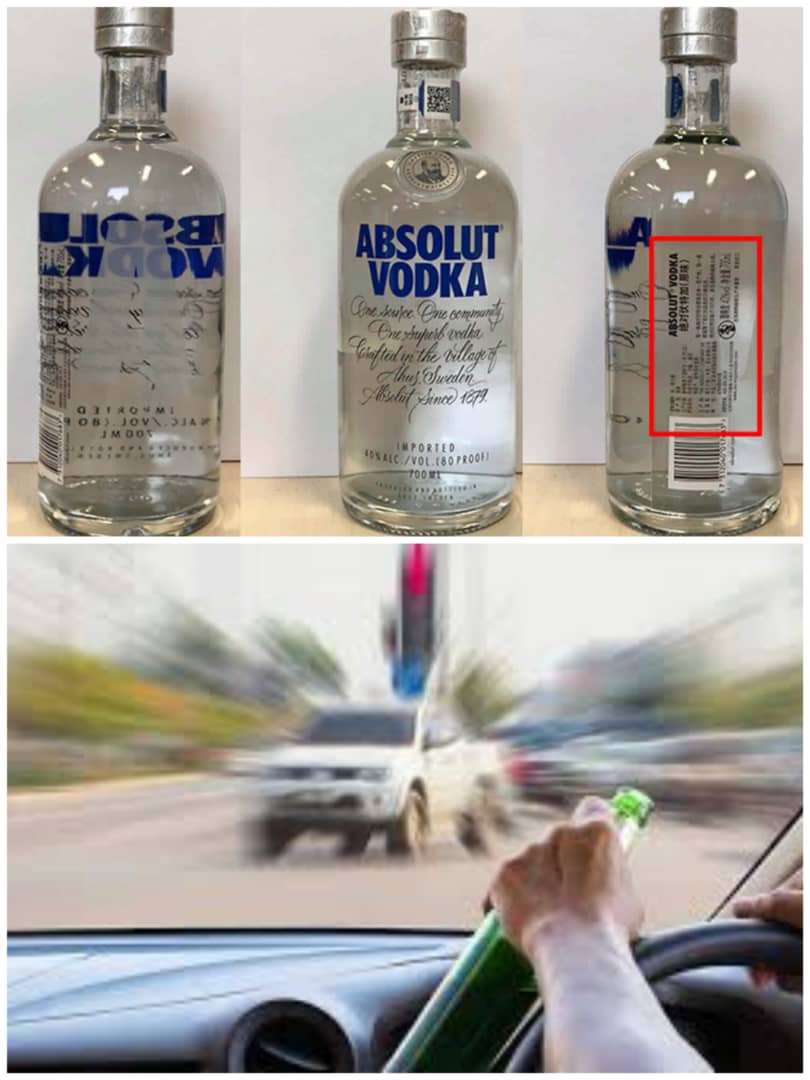Innocent Sibonginkosi Ncube
Alcohol has long been a significant part of Zimbabwean culture, woven into social rituals and celebrations.
However, this once benign tradition is now spiraling into a growing crisis as alcohol consumption escalates alarmingly across the nation.
The Shift in Social Dynamics
From urban centers like Harare, Bulawayo and Chitungwiza to rural areas, the effects of excessive drinking are becoming increasingly visible. The social landscape has changed dramatically, with bars and social spaces now frequented by youth, women, and even minors.
In recent times, youths in many urban areas have been seen taking ‘hot stuff’ brews purchased from the streets. These brews popularly known as ‘Nchengu’ is taken without dilution, and is cheap.
Besides drinking cheap, illegal and unlicenced alcohol, those who buy from supermarkets, have taken the habit of downing a 750ml of any hotstuff within minutes.
Alone, there has been a proliferation of fake alcohol brands purchased from unregistered persons and shops.
The atmosphere in these venues often prioritizes intoxication over moderation, raising concerns about the implications for public health and safety.
Health Risks and Consequences
The dangers of excessive alcohol consumption are well-documented. Immediate risks include road accidents and violent behavior, while long-term effects can lead to serious health issues such as liver disease, cardiovascular problems, hypertension, and various forms of cancer. Mental health is also significantly impacted, with alcohol linked to depression, anxiety, and an increased risk of suicide.
For the younger generation, binge drinking poses even greater risks, leading to reckless behaviors such as unprotected sex and poor decision-making. Studies indicate that early alcohol use can result in long-term dependence and severe social and academic challenges.
A Regional and Global Perspective
Zimbabwe is not alone in facing this crisis. Across Africa, alcohol consumption has surged, with the World Health Organization (WHO) reporting a nearly 50% increase over the past two decades. Countries like Seychelles, Uganda, and South Africa are experiencing similar trends, with alarming rates of consumption contributing to broader social issues, including poverty.
Globally, the situation mirrors these trends, particularly in Europe, where alcohol consumption rates are among the highest. Countries like Romania and Moldova report staggering per capita consumption figures, highlighting the widespread nature of this issue.
The Need for Immediate Action
To combat the rising alcohol crisis in Zimbabwe, comprehensive action is essential. Public awareness campaigns targeting schools and communities should emphasize the dangers of early alcohol use and its long-term health effects. Additionally, addressing the socio-economic factors that drive alcohol abuse—such as poverty and unemployment—will be crucial in creating sustainable solutions.
A Critical Crossroads
Zimbabwe stands at a pivotal moment. The increasing tide of alcohol abuse threatens public health, social stability, and economic prosperity. However, there is hope. With targeted education, stricter regulations, and efforts to tackle the root causes of alcohol abuse, Zimbabwe can still reverse this dangerous trend.
The time to act is now, as the future of an entire generation hangs in the balance. The choice is clear: continue down this destructive path or take a stand to foster a healthier, more prosperous society for all.
Zim GBC News©2024


